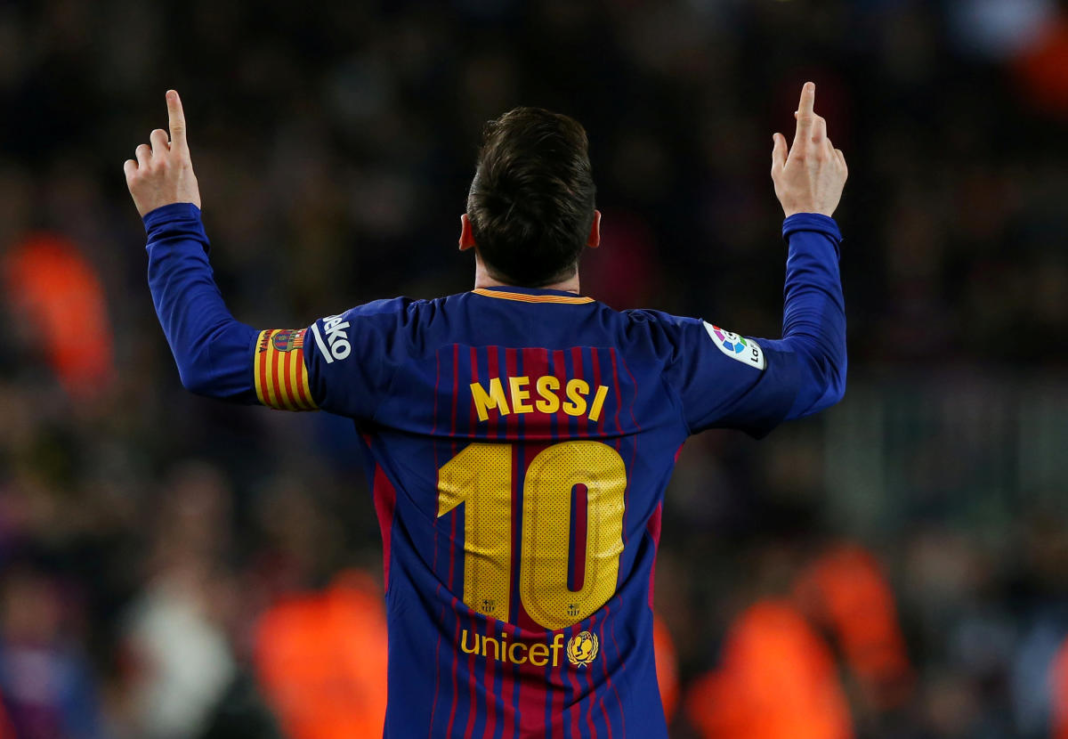Introduction
Argentina is a country with an undeniable passion for football. It’s a place where the sport is more than just a game, it’s part of the national identity. And when we talk about Argentinian football, there is one name that stands out above all others: Lionel Messi. He has become synonymous with the sport in Argentina and around the world. But what exactly does Messi mean for Argentinian football? Join us as we explore his early years, rise to superstardom, and lasting legacy on the beloved sport in this SEO-optimized blog post.
The early years
Lionel Messi was born and raised in Rosario, Argentina on June 24th, 1987. He grew up in a humble family with four siblings, where his love for soccer began at a young age.
Messi joined his first soccer team at the age of five and quickly became a standout player. His skill and natural talent were undeniable even from an early age. At just eight years old, he was scouted by one of the biggest clubs in Argentina – Newell’s Old Boys.
Despite being diagnosed with growth hormone deficiency at a young age, Messi never let that hold him back. In fact, it motivated him to work harder than ever before to achieve his dreams of becoming a professional soccer player.
At the age of thirteen, Messi moved to Spain with his family after being offered the opportunity to join Barcelona’s youth academy. This move proved to be life-changing for both Messi and Argentine football as it allowed him to fully develop his skills under some of the world’s best coaches.
Lionel Messi’s early years were marked by hard work and dedication towards achieving greatness on the pitch. His journey is an inspiration not only for aspiring athletes but also anyone who has faced obstacles while pursuing their dreams.
The superstar
Lionel Messi is not just any football player. He’s a superstar in every sense of the word. With his incredible skills, he has made an impact on Argentinian football that will never be forgotten.
From an early age, Messi showed promise and talent beyond his years. His determination and hard work paid off when he became the youngest player to score a goal for FC Barcelona at just 17 years old.
Messi’s rise to fame was meteoric, and soon he won numerous awards including the Ballon d’Or multiple times. His performances on the field were breathtaking, with fans around the world watching in awe as he dribbled past defenders with ease and scored goals seemingly effortlessly.
But it wasn’t just his skills that made him stand out; it was also his humility and dedication to improving himself every day. Despite all his success, Messi remained grounded and committed to being the best version of himself both on and off the pitch.
His influence on Argentinian football cannot be overstated. He led Argentina to victory in several important matches throughout his career, including qualifying them for three World Cup finals.
Lionel Messi is undoubtedly one of the greatest football players of all time – a true superstar whose legacy will live forever in Argentinian football history books.
The legacy
Messi’s impact on Argentinian football will undoubtedly leave a lasting legacy. His achievements have already cemented his place in the history of not just Argentinian football, but also world football.
One of Messi’s most significant legacies is how he has inspired generations of young players to pursue their dreams and work hard to achieve them. Growing up in Rosario, Argentina, Messi had humble beginnings and faced numerous challenges. But through perseverance and dedication to his craft, he became one of the greatest footballers ever.
Messi’s success has also brought attention to the importance of investing in grassroots development programs for aspiring young players. Many organizations across Argentina are now seeking funding to improve facilities and training opportunities for future stars.
Furthermore, Messi has been a symbol of national pride for many Argentinians – he represents what it means to be Argentine. The people see themselves reflected in him and feel that they can relate with him more than any other public figure.
As Messi approaches the end of his career with Barcelona FC coming off his record-breaking seventh Ballon d’Or award; there is no better way for him than leaving behind an indelible mark on the sport by leading Argentina to major titles such as Copa America or even World Cup triumphs!
Conclusion
Throughout his career, Lionel Messi has proven to be one of the greatest football players in history. His success with club team Barcelona is undeniable, but what does he mean for Argentinian football?
Messi’s impact on the national team cannot be overstated. Despite facing criticism and pressure from fans and media alike, he has continued to represent Argentina with passion and dedication. He led them to a World Cup final in 2014 and has won numerous individual awards.
But more than just his accomplishments on the field. Messi represents hope for a nation that loves football more than anything else. He embodies the spirit of Argentinean futbol – skillful, passionate, and determined.
As Messi begins to wind down his career, many wonder who will step up as the next great player for Argentina. But rather than focusing on replacing him. We should celebrate everything he has done for the sport and appreciate all that he still brings to it today.
Lionel Messi is not just a player – he is an icon of Argentinian football culture. And while no one can truly replace him or replicate what he has accomplished over his career so far – we should honor everything that makes him special both on and off the pitch.


